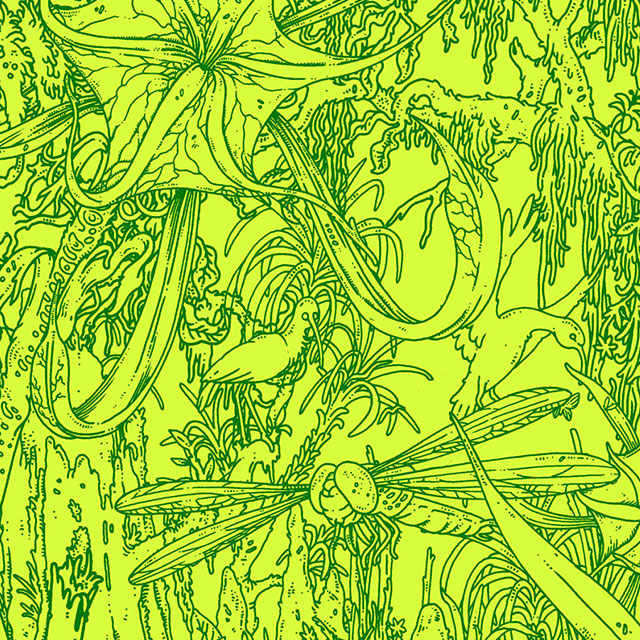The Anthropocene Upside Down

Literature, and especially science fiction, provides us with many visions of what the posthuman could be. Cyborgs, digitized minds, mutants, superhumans, evolved humans and artificial intelligences proliferate throughout the increasing field of stories about a future where we are no longer the same as we were, or thought ourselves to be.
The creative and narrative power to imagine our descendants in incredible detail and nuance is one of the most important reasons for reading fiction about a posthuman future. It can help us expand our horizon, imagine and reflect on future dilemmas and even dream about how our own selves could be enhanced or changed in a meaningful and fascinating way.
Another, and perhaps less well-described within the study of the posthuman, quality of fiction is its ability to tell stories that evoke the fear of and unease with the idea of both our physical environment and the existential conditions of our perception of ourselves changing forever in a posthuman scenario.
After all, many of the tropes of science fiction mentioned above involve some sort of transcendence, an enhancement and elevation of consciousness and intelligence in the world that vastly surpass our current state, and an aftermath of that transcendence of which we can only predict very little.
How does literature address the dread of the unknown and the fear of being "left behind" by a world where intelligence is no longer exclusive to unaltered humankind, and where humans might no longer be the ones shaping the course of history?
In the novel Annihilation from 2014 (which, as so many other works of literature within this field, is being adapted as a Hollywood film), Jeff Vandermeer turns the popular concept of the Anthropocene upside down to create this feeling of dread and disempowerment. An expedition consisting of four women known only by their professions (psychologist, anthropologist, surveyor and biologist), are sent into a wilderness, Area X, that has cast out all human life and seems to be changing with a mind of its own. What the expedition encounters is, first of all, a beautifully and lushly described ecosystem full of innumerable plant and animal species and habitats unchanged by human intervention.
The landscape with all of its abundant life becomes an alien experience in itself, rare as it is in a world of degrading biodiversity and human exploitation of the environment, but Area X has an even stranger quality: Within its borders, it is no longer humans that shape and change their environment, but the environment that shapes and changes humans. Through the biologist's Lovecraftian journal entries, we witness the members of the expedition going mad, obsessing over unnatural phenomena in the ecosystem, and the biologist herself inhales spores from one of these phenomena and begin to physically change. She realizes that the ecosystem around her is intelligent, but not in a human way. It reasons and acts by its own set of mental algorithms centered around mirroring and assimilation of the environment it inhabits, and the biologist is as fascinated as she is horrified.
The novel consistently avoids clear description of what she encounters and insistently emphasizes that this description is somehow beyond her: She is witnessing something more than human, and while it is changing, she is changing herself, without being able to exert any influence over it. There are no answers, no ethical suggestions for living in a changing world in Annihilation. It is, instead, a haunting evocation of what it feels like to stare into the future and realizing that what is coming is as incomprehensible to you as you are to an insect. At the same time, it also finds a kind of narrative joy and wonder, a "recovery" (as Tolkien would have called it) that allows us to see our surroundings in a new way, and perhaps become more comfortable with the idea that we are not in control of everything.
